Liberia lies on the
west coast of Africa. The name comes from the word “liberty” and
refers to the nation’s origin as a colony of free blacks repatriated to Africa
from the United States in the early nineteenth century. It is one of only two sovereign countries in the
world that were started by citizens and ex-Caribbean slaves of a political
power as a colony for former slaves of the same political power. Liberia
is a nation rich with natural resources including iron ore, gold, diamonds,
natural rubber, vast forest for logging and timber harvesting, and vast
agriculture land for ensuring food security.
HISTORY
From the start the
republic of Liberia is associated with the idea of freedom. The American
Colonization Society, founded in 1817, has its aim, the settlement of freed
slaves in colonies where they can become self-sufficient. With that purpose in
mind agents from the society visit the West African coast south from Freetown, where the British have
already established just such a settlement.
In 1821 the society acquires a coastal area, Cape Montserrado, by agreement with
local African rulers. The first freed slaves from America land here in 1822.
Two years later the name Liberia is given to the region and the town developing
on Cape Montserrado called Monrovia which was named after the US president of
the day, James Monroe. During the next twenty years
further settlements are established along the coast, until in the 1840s the
society concludes that the colony can now stand on its own. In 1847 it is
proclaimed an independent republic.
Economically the
region’s rubber is of great benefit, particularly during World War II when
Liberia is one of the allies’ few reliable sources for this essential
commodity. The export of rubber brings much improvement in the country’s
infrastructure, with the development of roads, airports and a deep-water harbor
for Monrovia.
The war years also see the emergence in 1943 of a president who dominates
Liberian political life for three decades -William Tubman, a lawyer who
champions the rights of Liberia’s majority of tribes’ people against a small
self-perpetuating establishment of Liberians descended from the original
American immigrants.
Tubman
and after-1944
Tubman is elected
president in 1943. He gives his country a much higher profile than before,
declaring war on Germany and Japan in 1944 – and in the same year becoming one
of the signatories of the declaration of the United Nations. After the war
Liberia plays an active role in UN and African affairs.
Ruling with an enlightened policy of social and educational reform, Tubman
remains a popular president. He is elected for seven successive terms and dies
in office in 1971. Tubman’s successor, William Tolbert, is killed in 1980 in a
coup mounted by a master sergeant in the Liberian army, Samuel Doe. Doe
introduces military rule but stands for election as president in 1985.
Doe is captured and executed in 1990 at the start of a civil war involving at
least three rival groups, among which the most powerful is the NPFL (National
Patriotic Front of Liberia) led by Charles Taylor. For seven years the country
is in turmoil, with a peacekeeping force from neighboring African nations often
engaged in active war against the NPFL.
Elections are held in
July 1997.
The NPFL wins a majority of the seats in both the senate and the House of
Representatives. Charles Taylor becomes president with 75% of the vote. The
elections are judged by international observers to have been freely and fairly
held, but President Taylor puts an end to any hopes of a return to democracy; ruling
by terror.
On 11th August 2003,
Taylor succumbed to international pressure, handed power over to his vice
president, Moses Blah, and sought asylum in Nigeria where he remained in exile
and was later taken to UN special court in Sierra Leone.
Ellen Johnson-Sirleaf
Takes Power
On 8 November 2006,
Ellen Johnson-Sirleaf became president of the Republic of Liberia making her Africa’s
first woman head of state.
Liberian People
background. The earliest people were Mende tribes from Sierra Leone and other
West African nations. There are
16 ethnic groups that make up Liberia’s indigenous population. Americo-Liberians
who are descendants of freed slaves that arrived in Liberia early in 1821 make
up 2.5% of the population.
and Culture
The Liberian culture is
expressed in music, literature, crafts, cuisine as well as heritage. The
Liberian culture consists of two distinct roots, the Southern US heritage of
the freed Americo-Liberian slaves and the ancient African descendants of the
indigenous people and migratory tribes.
A literary tradition
has existed in Liberia for a long time. Authors Bai T. Moore, E.G. Bailey, Roland
T. Dempster, have all reflected on culture,
tradition, modernization and pain of exile, loneliness, lost and remembrance in
fiction, and nonfiction works. Liberia has her own ancient music and
instruments. Drums, beaded gourd rattles called saasaa are also used in
mainstream music by many Liberian musicians. Jazz, funk, soul, rap and a new
music style or Liberian rap called Hipco combining rap, R&B, traditional
rhymes, and joint Liberian and American influences are part of the wider Music
of Liberia.
Liberia is renowned
for its detailed decorative and ornate masks, large and miniature wood carvings
of realistic human faces, especially famous people, scenes of everyday life and
accessories often enlarged in sculptures. These are very unique to the Liberian
culture.
The country-cloth-a
soft hand-woven cotton textile that has natural dyes applied to produce a
finished print fabric is unique to the nation’s culture. It is made in the
interior of Liberia (Lofa County). Traditionally Liberian country cloth was
handspun, hand dyed and hand woven cotton, done in about four inch wide strips
on a simple foot treadle loom. A standard bolt is about 36 yards
long. The weaving pieces shown to the left are carved heddle pulleys,
heddles, batten and reeds, boat and spinning spindles. Often the cloth was plain
white, but natural dyes like indigo and kola were used to dye the warp to
create linear stripes. The weft was always left natural.
The diverse tribal
ethnicities making up the population of Liberia today have all added to the
richness of cultural life in the country. Christian music is popular, with
hymns sung a-capella in the iconic African style. Spirituality and the region’s
ancient rituals are reflected in the unusually intricate carving style. Dance
is a valued heritage, with the Liberian National Culture Group giving
performances both in the country and overseas based on traditional themes. The
gradual integration of all Liberia’s ethnic groups has given rise to a renewed
interest in its tribal culture as a reminder of the diverse roots of the new
country.
Liberia is still in
transition from dictatorship and civil war to democracy. Liberia’s government
is based on the American model of a republic with three equal branches of
government, though in reality the President
of Liberia has
usually been the dominant force in Liberian politics. Following the dissolution
of the Republican
Party in 1876,
the True
Whig Party
dominated the Liberian government until the 1980 coup; eventually creating what
was effectively a one-party
state.
Currently, no party
has majority control of the legislature. The longest serving president in
Liberian history was William Tubman, serving from 1944 until his
death in 1971. The shortest term was held by James
Skivring Smith,
who was interim president for all of two months. However, the political process
from Liberia’s founding in 1847, despite widespread corruption, was very stable
until the end of the First Republic in 1980.
serving her second and final term was elected.
The Liberian economy had relied heavily on the mining of iron ore prior
to the civil war. Liberia was a major exporter of iron ore on the world market.
In the 1970s and 1980s, iron mining accounted for more than half of Liberia’s
export earnings. Since the coup
d’état of 1980, the country’s economic
growth rate has slowed down because of a decline in
the demand for iron ore on the world market and political upheavals in Liberia.
From 2007 to 2010 through 2011, the country’s external debt fell
drastically.
Timber
and rubber
are Liberia’s main export items since the end of the war. Liberia earns more
than $100 million and more than $70 million annually from timber and rubber
exports, respectively.
Liberia has the
second-largest maritime
registry in
the world behind Panama, with 3,500 vessels registered
under its flag accounting for 11% of ships worldwide. This includes 35% of the
world’s tanker fleet. Liberia earned more than $18 million from its maritime
program in 2000.
Liberia’s economy had
been growing modestly, despite the global economic downturn, and the
International Monetary Fund (IMF) projects strong GDP growth through 2012.
Tourism
Liberia has many
beautiful beaches, expansive tropical forest reserves, plant and wildlife
diversity, access to deep sea fishing, and a friendly population that is
welcoming to foreign guests.
Hotels in and out of Monrovia are suitable for tourists; Safaris
are offered in the Sapo National Park and water sports are popular along the
many beaches.
Banking
There are 9 banks licensed by the Central Bank of Liberia that are
currently operating in the Country. Four of the 9 are Nigerians owned that are
making immense contribution to the Liberian economy.
Agriculture
Agriculture sector is
the primary livelihood source for more than 60 percent of Liberia’s population.
It is the most important sector of the domestic economy providing sustenance
for many households.
The major crops are natural rubber, rice,
cassava, bananas, palm oil and timber.
The sector plays an
integral role in Liberia’s economic and social development as it contributes
significantly to employment, food security, household income, poverty reduction
and foreign exchange.
Historical
Sites
Liberian National Museum
The National Museum of Liberia is a national museum in Monrovia, Liberia. Initially housed in the First
Executive Mansion on Ashmum Street of the city which is now used as a library,
it was established by an Act of the National
Legislature in
1958 under the administration of Liberia’s 18th President, Dr William
V.S. Tubman
Lake Piso
Known as Fisherman’s Lake, is an oblong tidal
lagoon in Grand
Cape Mount County
in western Liberia, near the town of Robertsports.
At an area of 103 km2 (40 sq mi), it is the largest
lake in Liberia. Its name originates from a local term meaning “pigeon’s
hole” – a reference to the flocks of pigeons that once came to Lake Piso
for water.
Providence Island
The first point of
arrival for the freed slaves who founded the Republic of Liberia from the US,
Providence Island is one of the country’s most important historic and cultural
sites. Most of the country’s cultural events are held here in memorandum of its
significance to the nation.
Buchanan
The port city of
Buchanan lies at the mouth of the St John River some 70 miles from Monrovia and
is Liberia’s second-biggest conurbation. Largely isolated from the civil war
conflict, it’s an interesting city to visit and has an un-adopted beach with
rough seas and good surf breaks.
Notable
Person
President Ellen Johnson Sirleaf
The
world’s first elected black female president and Africa’s first elected female
head of state.
Ellen Johnson Sirleaf
was born on October 29, 1938, in Monrovia, Liberia. A graduate of the College
of West Africa at Monrovia, she went on to receive her bachelor’s degree in
accounting from the Madison Business College in Madison, Wisconsin, a degree in
economics from the University of Colorado at Boulder and a Master of Public
Administration degree from Harvard University.
After returning to
Liberia, Ellen Johnson Sirleaf served as assistant minister of Finance in
President William Tolbert’s administration. In 1980, Tolbert was overthrown and
killed by army sergeant Samuel Doe. She went into exile in Nairobi, Kenya, as
well as in the United States, where she worked as an executive in the international
banking community.
In1985, Johnson
Sirleaf returned to Liberia and ran for a seat in the Senate, but when she
spoke out against Doe’s military regime, she was sentenced to 10 years in
prison. She served a partial sentence before moving to Washington, D.C. When
she returned to her native country for a third time in 1997, it was as an
economist, working for the World Bank and Citibank in Africa.
After the Charles
Taylor regime in 2005, Ellen Johnson Sirleaf was elected president in 2006
becoming the first female elected head of state in Africa. In 2011, she was one
of a trio of women to win the Nobel Peace Prize.
Social
Practices
Social practices in
Liberia are both western and traditional given our origin as a nation. There
are no fixed standards or practices as to how individuals are to behave in the
society. But tradition and culture have shaped people’s behavior in some ways.
In the Liberian
society, women are highly respected and given high preferences. When in a gathering
where there are women and men, and seats are limited, women are given those
seats while men are required to stand.
Also, strangers are
greeted with handshakes in society.
Traditionally, every
tribe or ethnic group has its own cultural values that are indoctrinated into
families, incorporated into society, social groups and so forth that have
shaped people’s behavior and practices in society.
Work
Practices
Labour Laws in Liberia
have spell out clearly the work practices of the Country.
The constitution and
labour laws have provide equal treatment in respect of wages and conditions of
employment for all Liberian; Article 18 of the constitution states that all
Liberian citizens are entitled to equal opportunity for work regardless of
religion, ethnic background, color, creed, sex, place of origin or political
affiliation. It also provides that every employee shall receive equal pay for
equal work.
Working hours are from
8-5 daily (Mondays-Fridays); maximum of 8 hours per day and 48 hours per week.
For maternity, female
employees have right to paid maternity leave of three months. Extensions are
given in the case of certain conditions.
The Labour Law
prohibits child labour- children under16 cannot be employed except with
authorization from the Ministry of Labour.
allowances shall be paid in legal tender(i.e. money) in addition to any
non-cash remuneration deductions are not allowed except allowed by law under
section 1511.7.
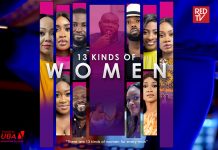

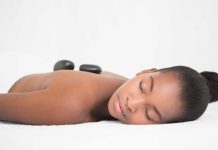

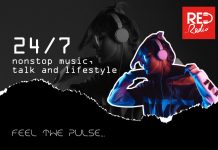




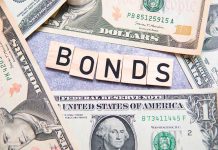
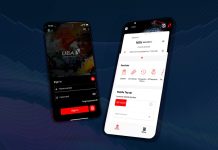


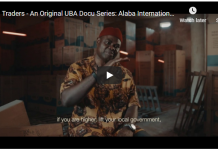
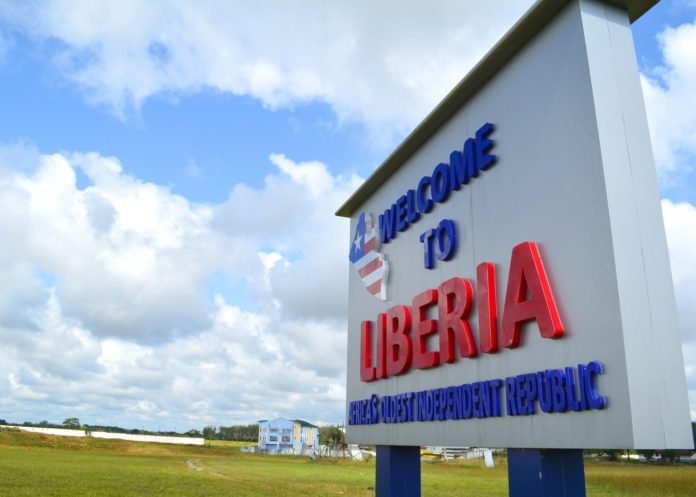
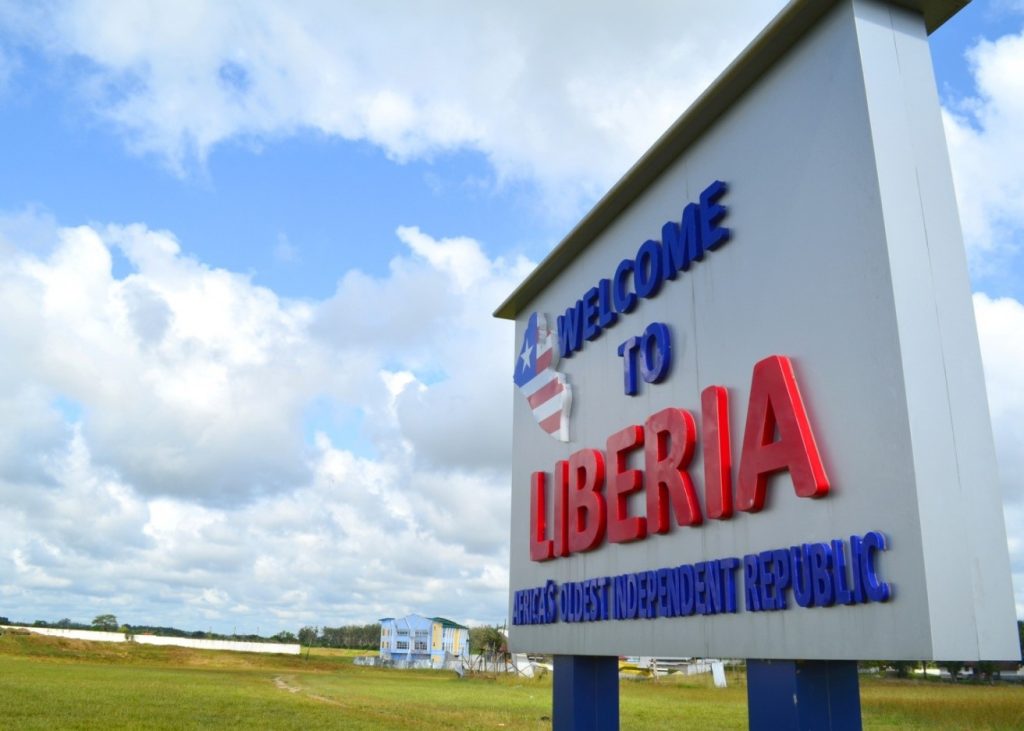
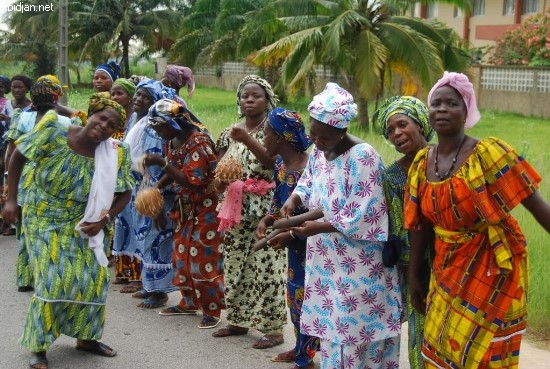
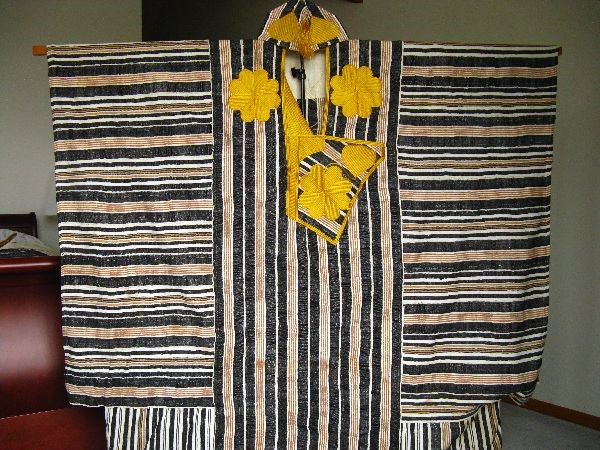
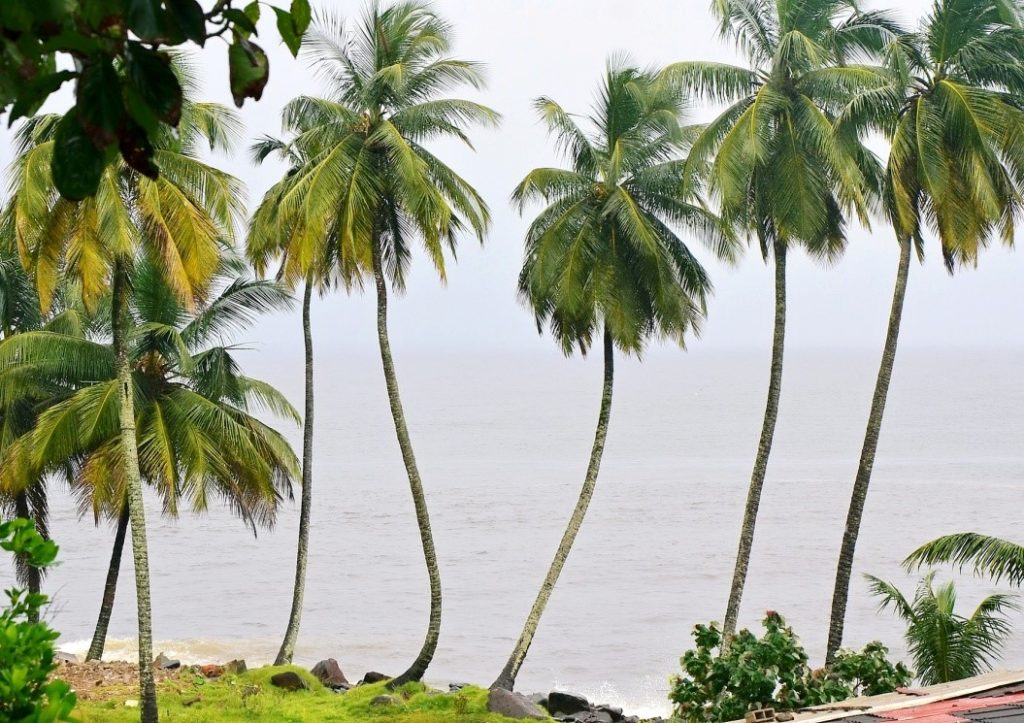

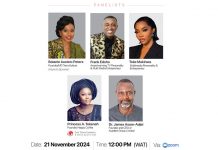
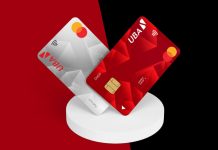








Thanks. Needs a bit more banking, economic and finance information for investors to use.
It will be great idea to focus on education. Moreover, I found https://dissertationauthors.com/blog/everything-students-need-to-know-about-writing-a-theoretical-framework recently so now I am going to write my first theoretical framework.
You should post your point of view about this situation here. I will gladly check it out. Bye!
Assignment help who have been providing help to the students of various renowned colleges and universities of Java assignment help step-by-step who getting problem in their Assignment.
The essay Why we Crave Horror Movies by Stephen King explains some of the reasons why people choose to go to horror movies for entertainment. The essay goes on to explain that people need horror movies as a kind of release. King further says that the horror movies feed the darker elements within human beings that without sacrificing humanity and civility.why we crave horror movies summary
Hello guys, I really love music, its not only my hobby its my life, but seperately I'm a student who ought to prepare a paper the topic of which is quite complicated, so I don't think for sure whether I will be ready to cope with it, so I addressed to the proffesional writers in order to get the support and help, so if you have the same problem you can do that just follow college discussion boards
PLEASE READ!!Hello Guys! I am Ruth I live in Ohio USA I’m 37 Years old, am so happy I got my blank ATM card from Adriano. My blank ATM card can withdraw $4,500 daily. I got it from Him last week and now I have withdrawn about $15,000 for free. The blank ATM withdraws money from any ATM machines and there is no name on it because it is blank just your PIN will be on it, it is not traceable and now I have money for business, shopping and enough money for me and my family to live on.I am really glad and happy i met Adriano because I met Five persons before him and they could not help me. But am happy now Adriano sent the card through DHL and I got it in two days. Get your own card from him right now, he is giving it out for small fee to help people even if it is illegal but it helps a lot and no one ever gets caught or traced. I’m happy and grateful to Adriano because he changed my story all of a sudden. The card works in all countries that is the good news Adriano’s email address is adrianohackers01@gmail.com
PLEASE READ!!Hello Guys!!! I am Caro I live in Ohio USA I’m 32 Years old, am so happy I got my blank ATM card from Adriano. My blank ATM card can withdraw $4,000 daily. I got it from Him last week and now I have withdrawn about $10,000 for free. The blank ATM withdraws money from any ATM machines and there is no name on it because it is blank just your PIN will be on it, it is not traceable and now I have money for business, shopping and enough money for me and my family to live on.I am really glad and happy i met Adriano because I met Five persons before him and they could not help me. But am happy now Adriano sent the card through DHL and I got it in two days. Get your own card from him right now, he is giving it out for small fee to help people even if it is illegal but it helps a lot and no one ever gets caught or traced. I’m happy and grateful to Adriano because he changed my story all of a sudden. The card works in all countries that is the good news Adriano's email address is adrianohackers01@gmail.com
PLEASE READ!!Hello Guys!!! I am Caro I live in Ohio USA I’m 32 Years old, am so happy I got my blank ATM card from Adriano. My blank ATM card can withdraw $4,000 daily. I got it from Him last week and now I have withdrawn about $10,000 for free. The blank ATM withdraws money from any ATM machines and there is no name on it because it is blank just your PIN will be on it, it is not traceable and now I have money for business, shopping and enough money for me and my family to live on.I am really glad and happy i met Adriano because I met Five persons before him and they could not help me. But am happy now Adriano sent the card through DHL and I got it in two days. Get your own card from him right now, he is giving it out for small fee to help people even if it is illegal but it helps a lot and no one ever gets caught or traced. I’m happy and grateful to Adriano because he changed my story all of a sudden. The card works in all countries that is the good news Adriano's email address is adrianohackers01@gmail.com
You’re a very skilled blogger. I have joined your feed and look forward to seeking more of your fantastic post. Also, I have shared your web site in my social networks!
office.com/setup
Norton.com/setup
Norton.com/setup
mcafee.com/activate
mcafee.com/activate
PLEASE READ!!Hello Guys!!! I am Caro I live in Ohio USA I’m 32 Years old, am so happy I got my blank ATM card from Adriano. My blank ATM card can withdraw $4,000 daily. I got it from Him last week and now I have withdrawn about $10,000 for free. The blank ATM withdraws money from any ATM machines and there is no name on it because it is blank just your PIN will be on it, it is not traceable and now I have money for business, shopping and enough money for me and my family to live on.I am really glad and happy i met Adriano because I met Five persons before him and they could not help me. But am happy now Adriano sent the card through DHL and I got it in two days. Get your own card from him right now, he is giving it out for small fee to help people even if it is illegal but it helps a lot and no one ever gets caught or traced. I’m happy and grateful to Adriano because he changed my story all of a sudden. The card works in all countries that is the good news Adriano's email address is adrianohackers01@gmail.com
All Assignment Help is provided to American students. It is the world's trusted company. We will give you very good assignment services. My Homework Done